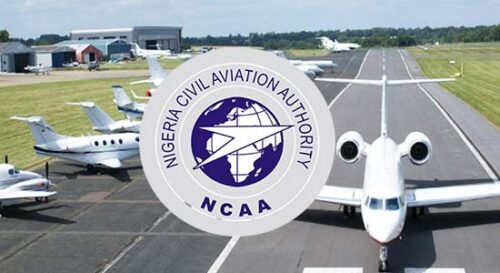
The Nigeria Civil Aviation Authority (NCAA) is prioritizing local training to cut capital flight and enhance the sector’s global reputation.
Challenges in Aviation Training
At a stakeholder workshop on Managing Approved Organisations’ Compliance With the Nigeria Civil Aviation Regulations (Nig. CARs), Adoyie Sunnie, GM of the Directorate of Operations, Licensing, and Training Standards (DOLTS), addressed key industry concerns. He pointed out that Nigerian Approved Training Organizations (ATOs) struggle to attract international participants.
Many Nigerian pilots and engineers seek training abroad despite available local capacity. Sunnie stressed that reducing this trend is crucial for strengthening Nigeria’s aviation sector.
Addressing Regulatory Gaps
Sunnie highlighted the workshop’s purpose in identifying industry challenges and refining regulations.
“For over a decade, we have built a structured certification system based on global best practices. This workshop allows us to review records and address existing gaps,” he stated.
He added that discussions would focus on refining regulatory structures, boosting capacity development, and aligning with international standards.
Ensuring Compliance with Global Standards
As a signatory to international aviation conventions, Nigeria must go beyond issuing licenses and approvals. Sunnie emphasized the importance of meeting safety oversight standards and ensuring compliance with the Chicago Convention’s Annex 1, which governs aviation training organization approvals.
Strengthening Aviation Training Standards
Chris Najomo, Director General of NCAA, reaffirmed ATOs’ role in producing well-trained professionals who uphold safety and efficiency in aviation operations.
“Aviation professionals and travelers depend on rigorous training and compliance measures,” he said.
Represented by Hyelni Bassi, NCAA’s General Manager for Licensing, Najomo described the workshop as a platform for sharing insights, discussing best practices, and promoting transparency in training programs.
“We will examine compliance management, regulatory requirements, evaluation methods, and continuous improvement strategies. Your active participation is vital for advancing aviation training in Nigeria,” he told industry experts at the event.


